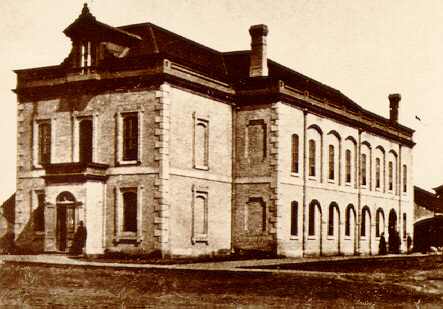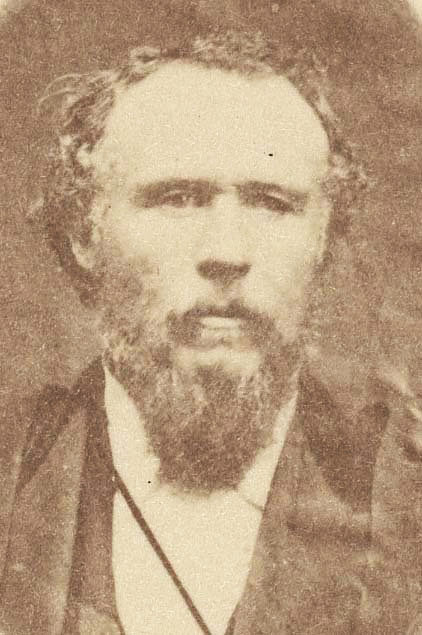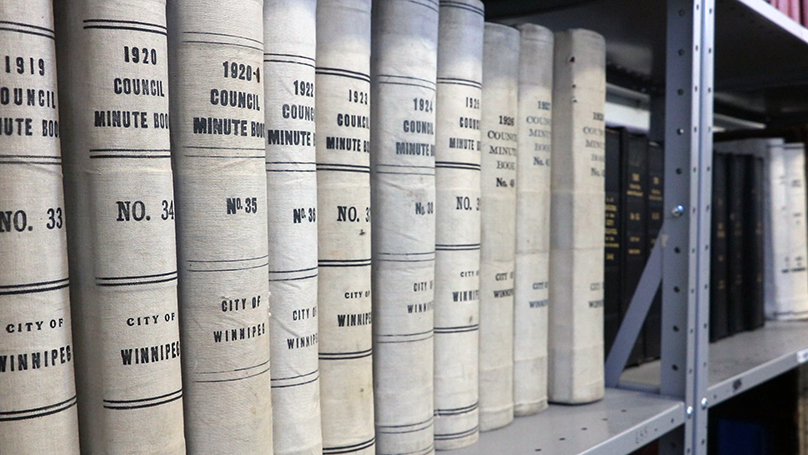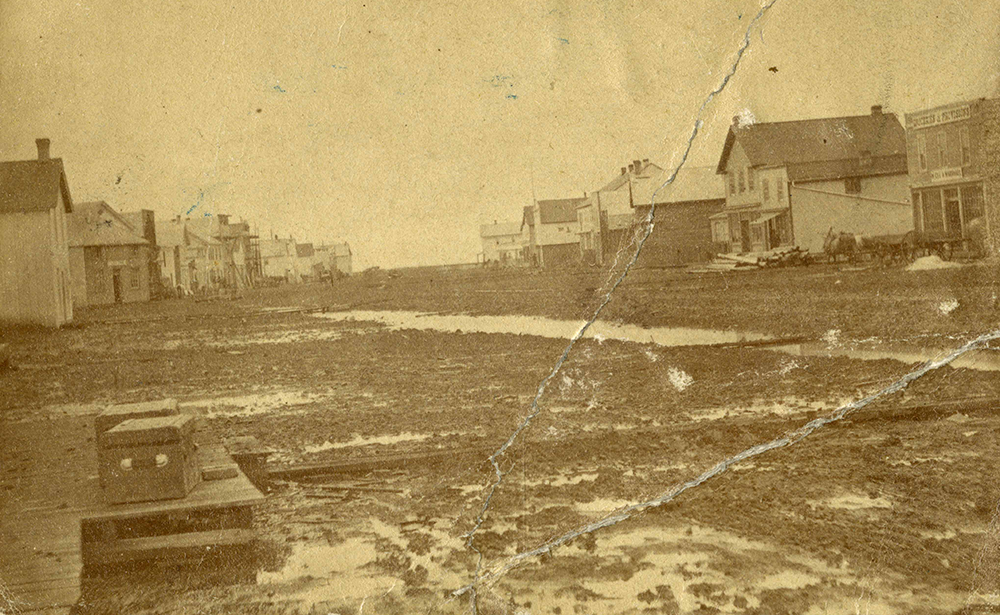On this day 150 years ago, newly elected officials held Winnipeg’s first ever City Council meeting.
On January 19, 1874, Mayor Francis Evans Cornish and 12 Aldermen (known today as Councillors) - three from each of the city’s four electoral wards - met for the first time.
Unlike the Council meetings that are held in the current chambers at 510 Main Street today, the elected officials in 1874 didn’t have a City Hall to conduct their proceedings.
Early meetings were held in rented space in the upper stories of commercial buildings near Portage and Main until the first City Hall was completed in 1876.
“While there is still some mystery around where, exactly, the first Council meeting was held, Council Minutes show the building was owned by L.R. Bentley, and local historians have identified the likely location as the J. Lyster Outfitter building near the northwest corner of Portage and Main,” said Sarah Ramsden, Senior Archivist at the City of Winnipeg.
Many of the names of the first Aldermen are recognized in place names around the city, including John Higgins, Alexander Logan, Robert Mulvey, and Archibald Wright.


You can see the digitized minutes of some of the first Council meetings, thanks to work done by staff at the Winnipeg Archives and the City Clerk’s Department to transcribe Minute Books from January 19, 1874 through December 25, 1875.
Minute Books are the official record of decisions made by Council and shed light on municipal government, resource allocation, and service delivery. They also refer to topics debated, reports considered, bylaws introduced, communications received, decisions reached, and votes recorded during Council meetings.

During the first several meetings of Winnipeg’s first City Council, they established standing committees on finance, markets, fire, and water, among other things.
Council also passed a number of bylaws in the first year.

Some of the most significant were By-Law No. 5, which appointed two property assessors, By-Law No. 7, which granted operating licenses to grocery stores and taverns, and By-law No. 20, which authorized the first assessment of property within the City.
“These bylaws enabled the City to generate revenue, regulate commerce, and further establish itself as a growing urban centre,” Ramsden said.
To learn more about Winnipeg’s history, visit the Winnipeg Archives and view its new digital exhibit.
